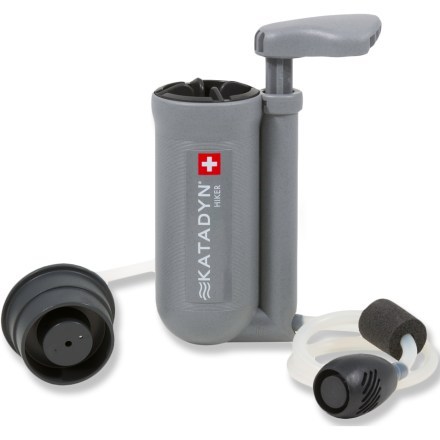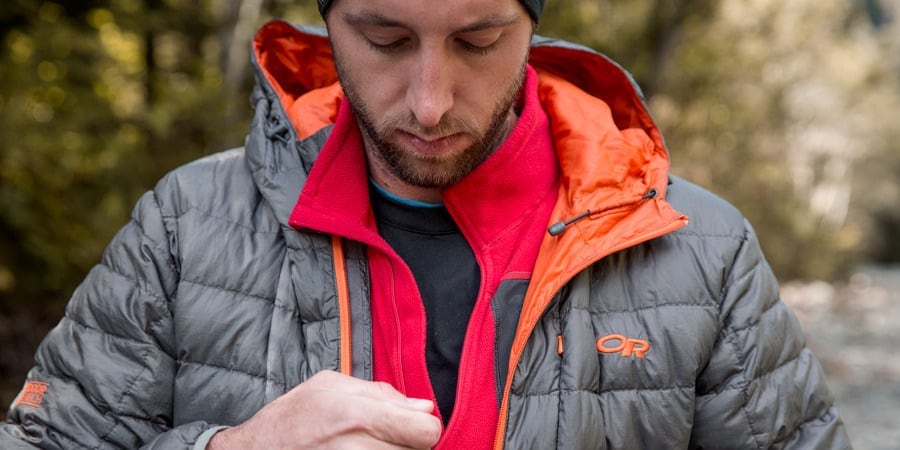Hiking and camping are my favorite things to do. You can do them for dirt cheap or spend a fortune on the best gear. Personally, I'm somewhere in the middle - I opt for reputable brands but can't usually justify shelling out for the 'luxury' outdoor brands. Going too cheap will probably result in stuff that won't last very long, and going too expensive will probably result in great gear but with diminishing returns.
For hiking, the main requirement is a decent pair of hiking shoes or boots. I wear Merrell as they're affordable and offer wide sizes - my girlfriend swears by Keen.
Optionally some hiking poles, they're useful for steeper trails. If bugs are an issue where you are (as they can be for me in northern Ontario), get some decent hiking pants and long sleeve shirts that are breathable, and get them in lighter colors like tan. I'd recommend Darn Tough socks - they seem to last forever and keep their cushion, and are breathable. I started with 1 pair of those and now have about 3 - easily worth the money compared with buying a bunch of socks that become garbage over time.
I'd suggest getting a small or medium sized pack for day hikes, something that is made for hiking (waste belt and chest straps are key). Typical things I bring on day hikes: water (big bottles), snacks, bug spray (in spring), sunscreen, camera stuff, emergency headlamp and poncho, small first aid, bear spray. I don't really have much experience with backpacking, but you'll need a bigger pack for it (depending on how many nights). I own a large Osprey bag for backpacking, and I wouldn't really want to use it for day hikes; I just take my smaller North Face bag and it is perfect for those purposes.
I mostly have experience with car camping. Items I typically bring for 1-2 night car camping trips: tent (keep in mind 1-2 person tents are tight fits, ideal for backpacking but less comfortable when you have a car); sleeping mat (depending on temperatures, ensure it has enough insulation/appropriate R-value for night temps); stove w/ fuel (bigger two burner one for car camping, for backpacking you'd want a tiny portable one if anything); coffee making rig (I use either a portable french press or a percolator, but instant would work if you can stomach it); Cooler (many campgrounds sell ice there if you don't want to buy ahead); Fire starters/lighter (campgrounds sell wood here). Otherwise, I bring my hiking stuff as well because I like to hike during the day when camping.
The nice thing about car camping is you can be a bit more indulgent with what you bring. You lose some of the absolute privacy that you'd get with backpacking. However in my opinion, depending on the campground and the campsite you reserve, you can still have a really nice time. With backpacking you have to make a lot more choices, and a lot of them are based on weight/size. You also don't have campground amenities like washrooms or showers. But the privacy you get could be worth it depending on the type of person you are.
Sorry for the long winded post. Hope you have fun and stay safe in your adventures :)





